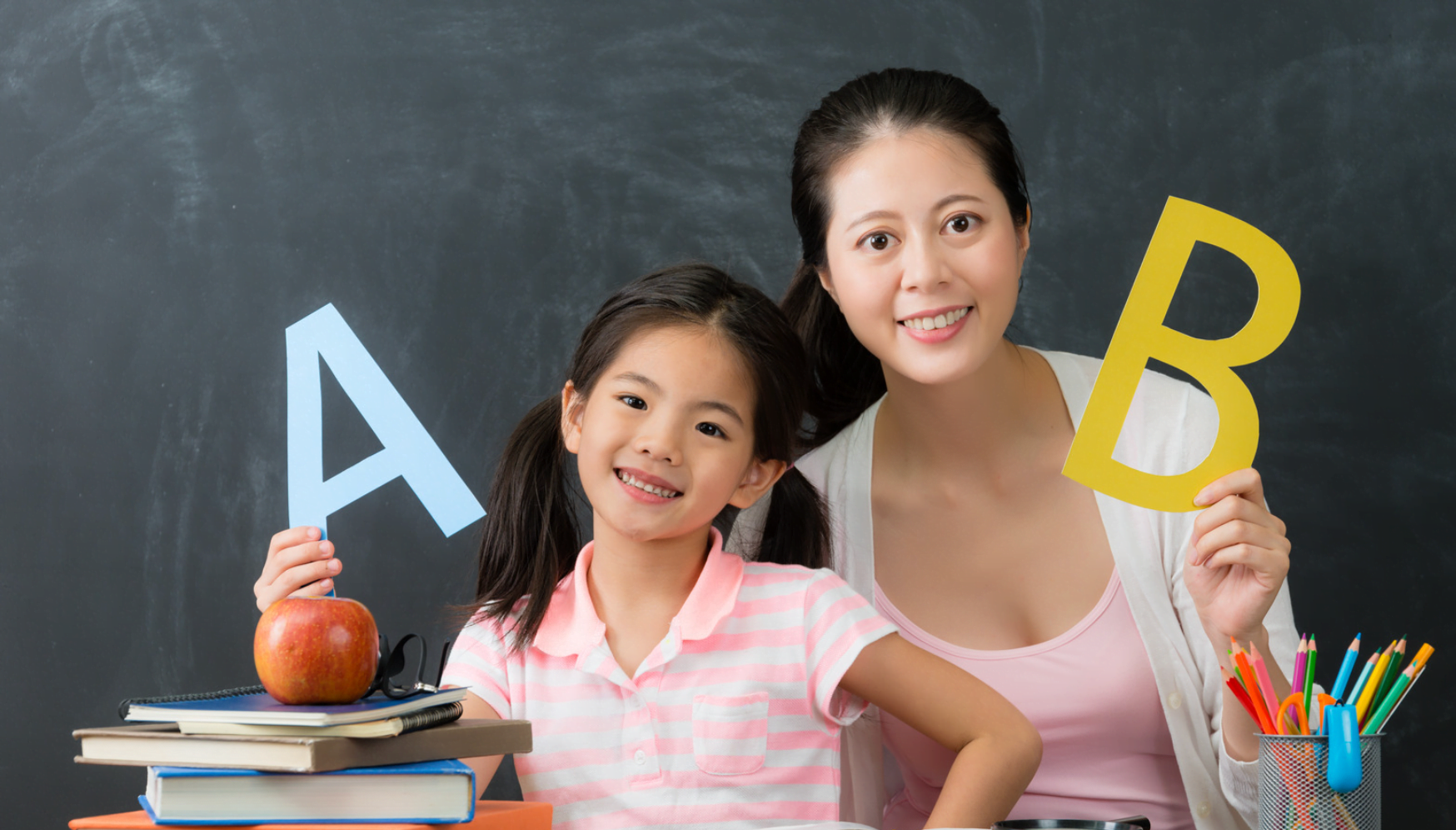Category: English Placement Test - Part 1
iTTi School of English follows the Common European Framework of Reference (CEFR) standards to describe the language ability of a person.
Please note: The 'English Placement Test' gives you a very general idea of your English language level. It is not an iTTi English Level Proficiency Certification exam and you won’t be able to use your test score as proof of a formal language qualification.
The test is divided into 2 parts within the parts are a total of ten sections:
Part 1 is FREE and will give you a general description of your English proficiency level specific to the following focus areas: grammar, vocabulary, reading comprehension, and listening. You need to complete Part 1 to get your score.
Part 2 can only be accessed once you have signed up to iTTi's School of English. Focus areas will be centered on Written Expression and Speaking.
Click on the link to signup to iTTi School of English.
